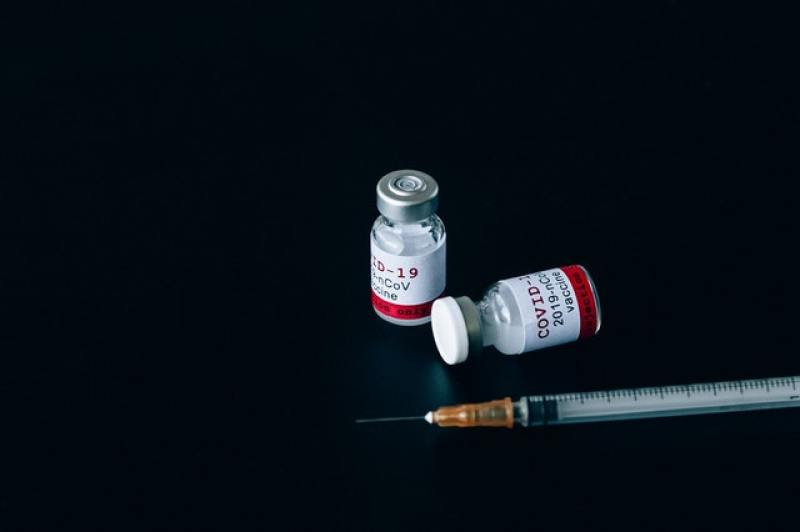
An organization has compiled a list of 1,000 peer-reviewed studies showing that the COVID vaccine spurs a range of adverse events.
As the world enters the third year of the COVID pandemic and the second year of mass vaccination of populations across most nations, scientists are learning more about the adverse effects of the vaccine on the human body. In 2021, it was established that mRNA vaccines such as those from Pfizer and Moderna spurred heart inflammation among those who took the jab. Now, the Centers for Disease Control and Prevention (CDC) is considering changing their guidance to address such adverse events.
According to Boston 25 News, the CDC this week said they are considering changing their vaccine guidance to increase the time between doses of certain vaccines because of the risk of heart inflammation. Researchers told the CDC's Advisory Committee on Immunization Practices that lengthening the time between the first two doses of mRNA-based COVID vaccines may reduce the risk of myocarditis, a kind of heart inflammation that is known to be side effect of this type of COVID vaccine.
An increased risk of myocarditis among men aged 18 to 39 spurred researchers to look at the interval between the two doses of the mRNA vaccines, Dr. Nicola Klein, a vaccine researcher at Kaiser Permanente Northern California, told the CDC committee. Meanwhile, Dr. Bryna Warshawsky, a medical adviser with the Public Health Agency of Canada, said that the rates of myocarditis decreased when the interval between the two doses were increased.
Now, a group in Australia that advocates for freedom of choice, medical autonomy and consent without coercion has released a list of 1,000 peer-reviewed medical papers submitted to various medical journals showing the evidence that COVID vaccines cause adverse events such as myocarditis. According to the Gateway Pundit, the list compiled by Informed Choice Australia includes the studies made up to January 20 and explores adverse reactions such as myocarditis, thrombosis, thrombocytopenia, vasculitis, cardiac, Bell's Palsy, immune-mediated disease, and many more.
One of the thousand cited in the list was a report from Drs. Jay Montgomery, Margaret Ryan, and Renata Engler titled "Myocarditis Following Immunization With mRNA COVID-19 Vaccines in Members of the US Military" published on June 29, 2021 in JAMA Network. The research found that among 23 male patients, including 22 previously healthy military members, "myocarditis was identified within 4 days of receipt of a COVID-19 vaccine" and that the diagnosis was made following the second dose of the mRNA vaccine. The report said, "While the observed number of myocarditis cases was small, the number was higher than expected among male military members after a second vaccine dose."
This week, CNBC reported that among the two mRNA-based COVID vaccines made available to Americans in the last year, Moderna's COVID jab has been associated with a higher risk of heart inflammation compared to the PFizer jab, a CDC panel of outside experts revealed. During Friday's meeting with the CDC's Advisory Committee on Immunization Practices, health authorities debated the risks of myocarditis following the Moderna and Pfizer vaccines.
The risk of myocarditis following a COVID vaccination was found to be the highest in teenage boys and young men. Symptoms include chest pain, shortness of breath, heart palpitations, and fatigue. Researchers found that the risk for myocarditis was higher following the second dose of the Moderna vaccine among those aged 18 to 39. The case rate was 10.7 for every 1 million people who received a second dose. The CDC's findings are consistent with what the researchers of the 1,000 studies have found. Read the list here.



























